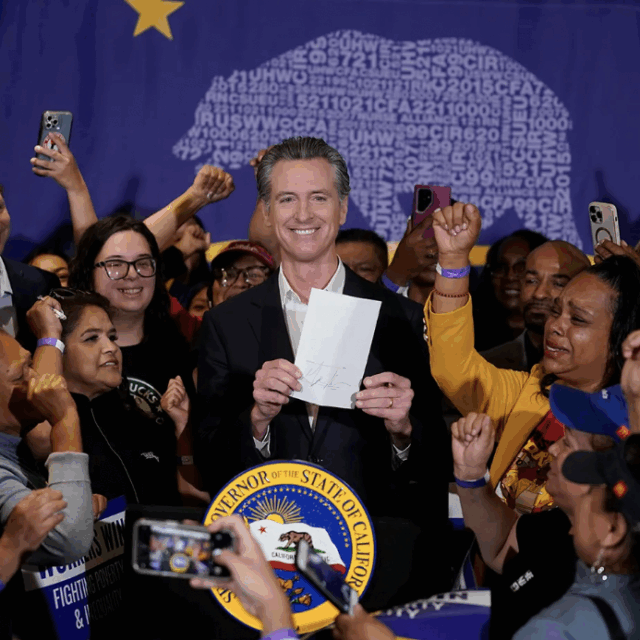Most fast-food workers in California got a raise on Monday, as the state implemented a $20 per hour minimum wage for the industry. A Northeastern University economist says that such targeted minimum-wage increases may be a new strategy in progressives’ tool box. “I think what’s interesting is the strategy is new,” says Alicia Modestino, an associate professor of economics in the School of Public Policy and Urban Affairs and research director for the Dukakis Center for Urban and Regional Policy at Northeastern. “Gov. Gavin Newsom didn’t raise the state minimum wage. He raised the minimum wage for workers in particular industries, which is a much more targeted and nuanced approach.”
“I think it’s an interesting new strategy for progressives to be able to either make an argument for, or find the political will to, increase minimum wages,” Modestino continued. On Monday, April 1, a new California law kicked in that raised the minimum wage for fast-food workers to $20 an hour, the highest guaranteed base salary in the industry. Democratic leaders billed the law as an acknowledgement that most of the state’s 500,000 fast-food workers are primary earners for their low-income households. But Modestino also found the politics involved to be interesting. In exchange for higher pay, labor unions—which have worked to organize fast-food workers—dropped their attempt to make fast-food corporations liable for misdeeds of independent franchise operators in the state. The industry, meanwhile, agreed to pull a referendum related to worker wages off the 2024 ballot.




